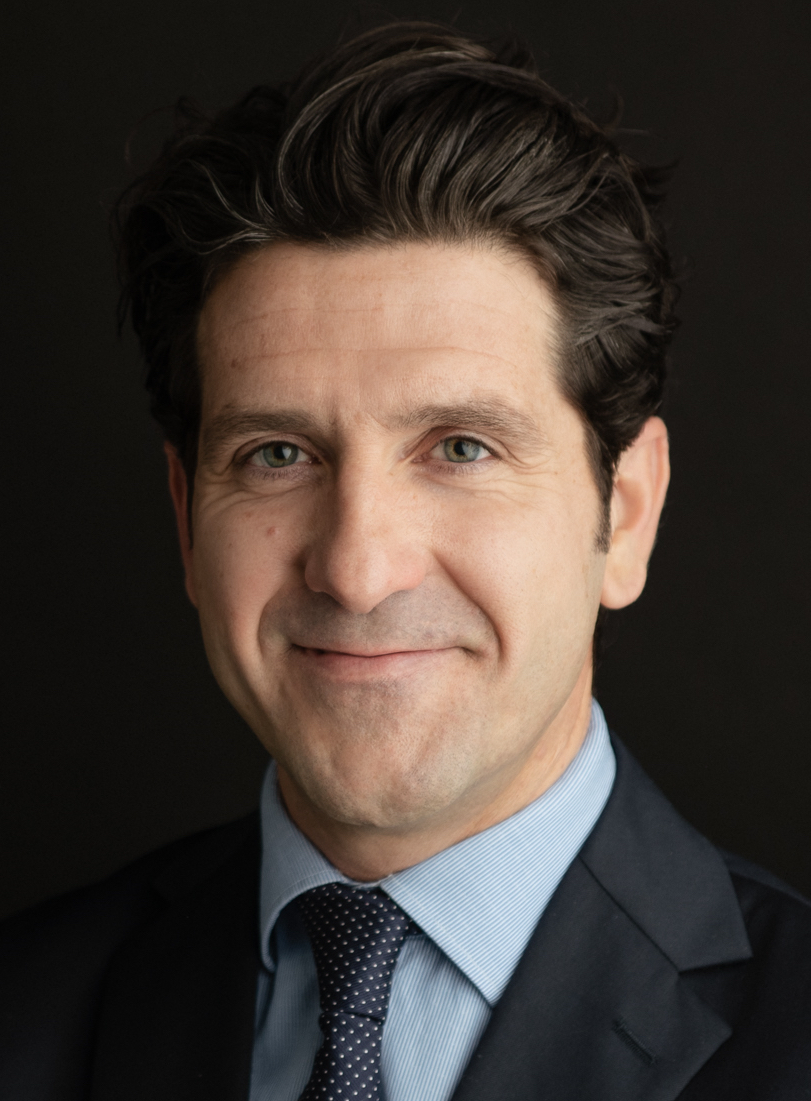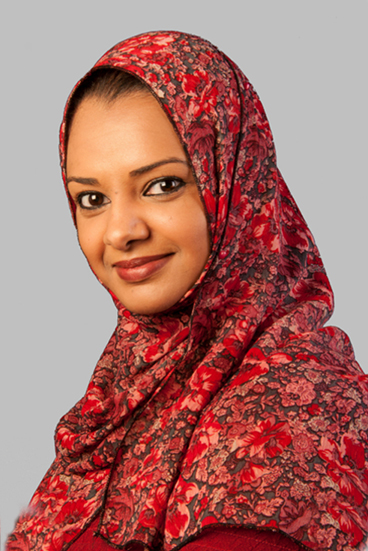ECCO KOL's academic activities outside the main congress: the first taster episode of mini-cornerstones collaborative series
Ignacio Catalán-Serra and Nuha Yassin, ECCO News Associate Editors
 Ignacio Catalán-Serra © Ignacio Catalán-Serra |
 Nuha Yassin © ECCO |
Dear ECCO Family and Friends,
Welcome to our Winter edition of ECCO News. Following the very successful ECCO Virtual Congress this summer, most of us have been working hard to prepare for the 17th ECCO Congress in February 2022. We hope that this will be a face-to-face Congress in Vienna, the home of ECCO. Looking at the current projections for Covid-19 over the next few months, we certainly remain hopeful that vaccinations and wearing PPE over the winter period will allow us to meet each other in order to share IBD knowledge and allow hearts and minds to interact in the New Year.
For those of you experiencing some winter blues, we wanted to boost your energies and update you on some of the activities that our ECCO Family has been up to this autumn. This article will be our first mini-Cornerstone edition of ECCO Governing Board and senior members’ activities at external conferences. We have selected the United European Gastroenterology (UEG) Week as our first congress of choice and summarised some of the ECCO Activities within the UEG Week, which was held virtually in October 2021.
Several ECCO Members contributed to the IBD content of the UEG Congress, and below we provide an initial taster of the talks given.
Laurent Peyrin-Biroulet gave an overview of the STRIDE 2 study in a session addressing the treatment goals in IBD and the change from STRIDE 1 to 2. He also discussed the results from the long-term extension period of the STARDUST trial, focussing on the clinical and endoscopic outcomes with the use of ustekinumab for the treatment of patients with Crohn’s Disease (CD). In addition, Laurent gave an overview of the ongoing evolution of IBD therapies in 2021.
Silvio Danese delivered a state-of-the-art presentation on artificial intelligence and its use in creating IBD treatment algorithms. In another talk, Silvio focussed on the assessment of composite endpoints comprising symptomatic, histological, endoscopic, and molecular improvements in patients with mild-to-moderate Ulcerative Colitis (UC) in a phase 1B study of GB004, a gut-targeted, hypoxia-inducible factor-1A (HIF-1A) stabiliser. Improvements in abdominal pain, bowel urgency and fatigue were noted in patients with UC after 8 weeks of upadacitinib treatment in the U-Achieve and U-Accomplish studies. In biologic-naïve patients with moderate-to-severe CD, the SEAVUE study compared health-related quality of life when using ustekinumab as compared with adalimumab for induction and maintenance therapy.
Séverine Vermeire held centre stage by giving several talks and clinical trial updates. The efficacy and safety of oral ABX464 QD for induction and maintenance treatment of UC were discussed, as were data from the SELECTION long-term extension study looking into the benefits of prolonged filgotinib dosing in patients with UC. The post hoc analysis of the same study explored corticosteroid-free remission of patients with UC on filgotinib maintenance therapy. The theme of new treatments for UC continued with an update of the results from two RCTs looking at the efficacy of upadacitinib induction therapy in patients with moderately to severely active disease. Herpes zoster infections in patients with UC receiving tofacitinib were also discussed.
Julian Panés updated the IBD audiences on novel integrin strategies. He also highlighted findings from the SERENE-CD and SERENE-UC STUDIES when he discussed the mechanisms of non-response to adalimumab in IBD, with details on peripheral proteomic and transcriptomic profiling.
Britta Siegmund also focussed on the basic sciences for her talk on phenotypic, genetic and immunological disease classification. Janneke van der Woude and Ailsa Hart were both involved in clinical and panel discussions regarding the common myths and mistakes in dealing with pregnancy and IBD and pouchitis, both of which are challenging conditions to manage for the multidisciplinary IBD team.
We are looking forward to more in-depth discussions on these and other topics during the 17th ECCO Congress. We hope that we have whetted your appetite sufficiently for you to submit your own research for oral, digital oral or poster presentation at the upcoming Congress. We are looking forward to seeing our ECCO Family and Friends, hopefully in person, in 2022.
Look out for our next instalment of mini-Cornerstone updates.
Stay safe, and have a wonderful Christmas and New Year. See you in 2022!
Nuha Yassin
Ignacio Catalan-Serra
Alessandro Armuzzi


